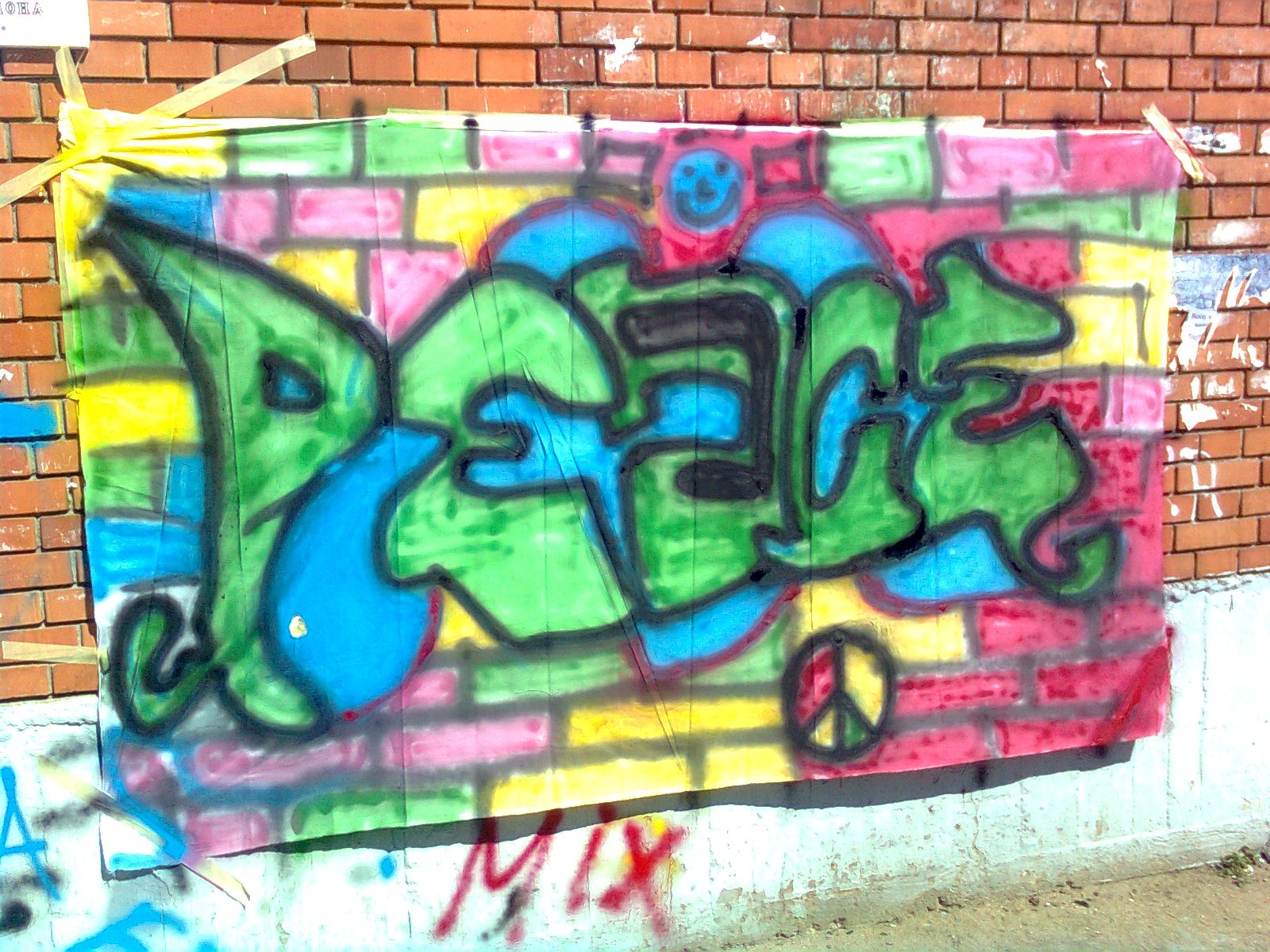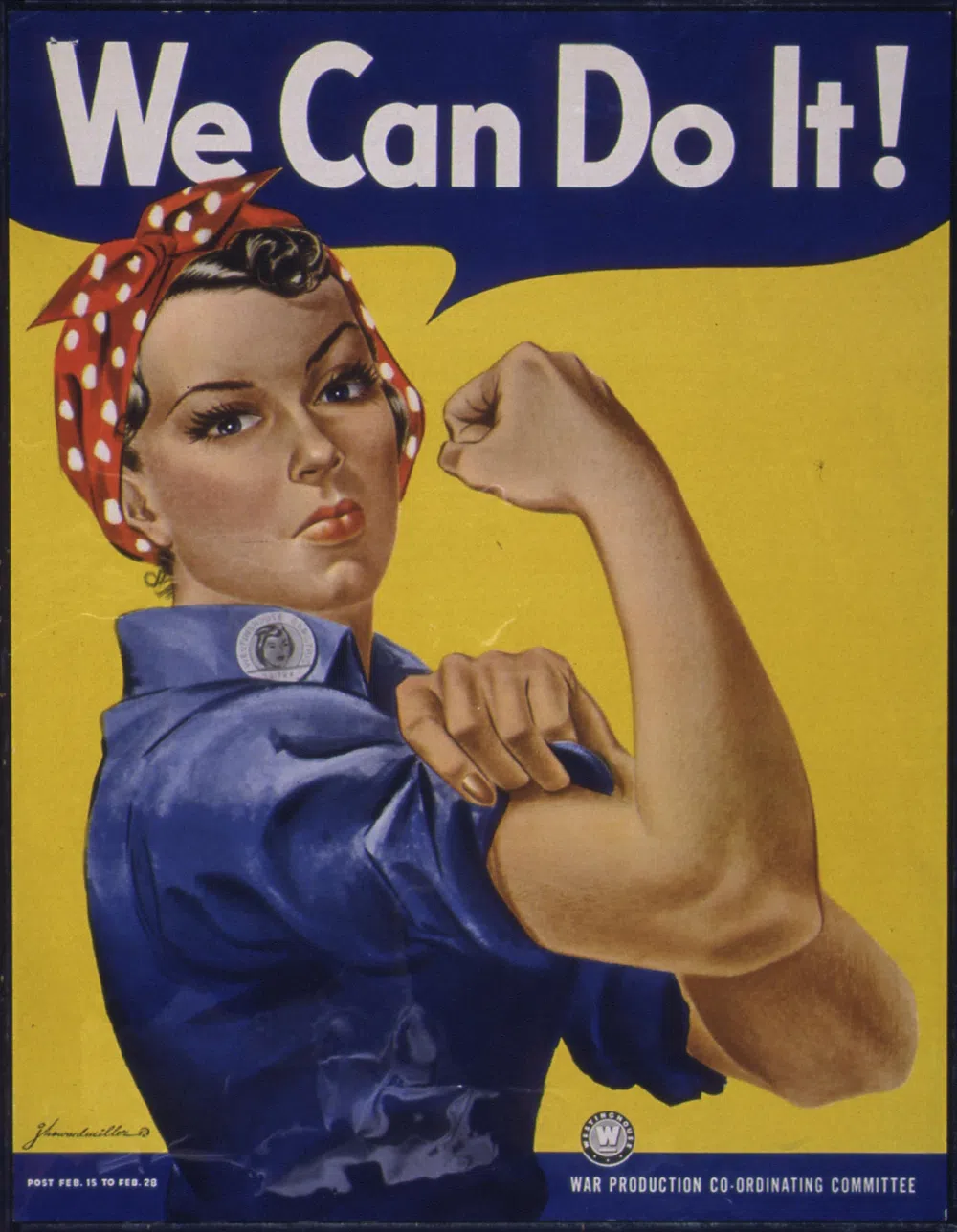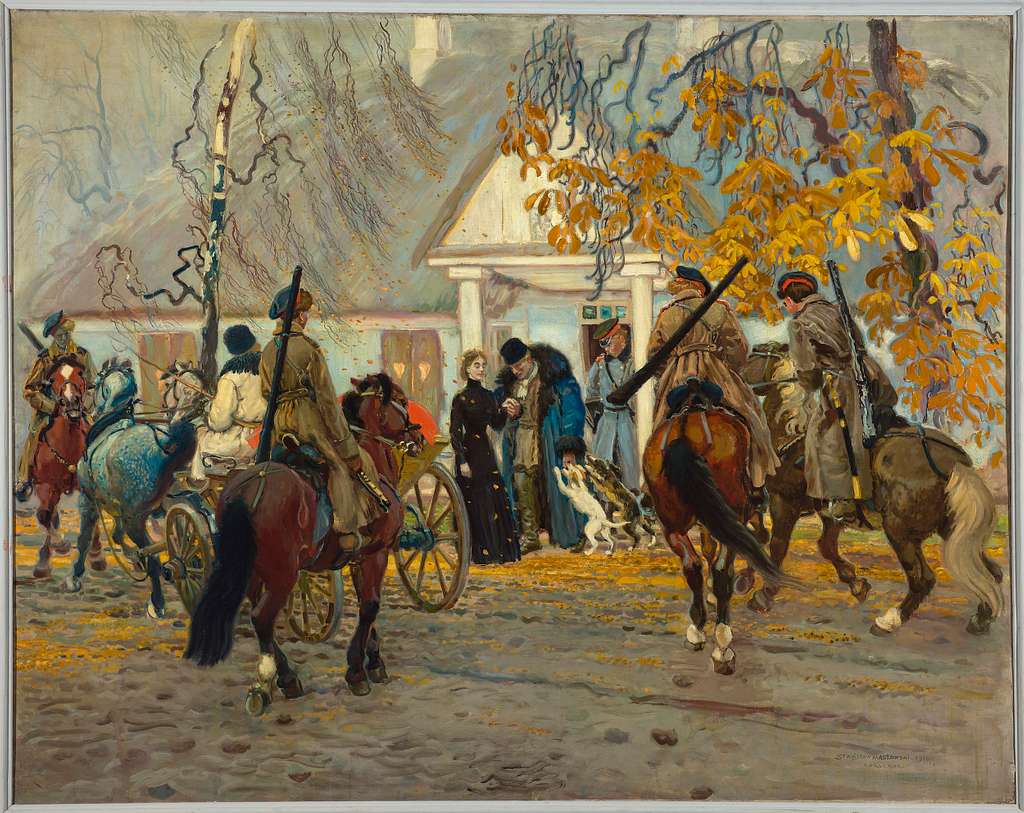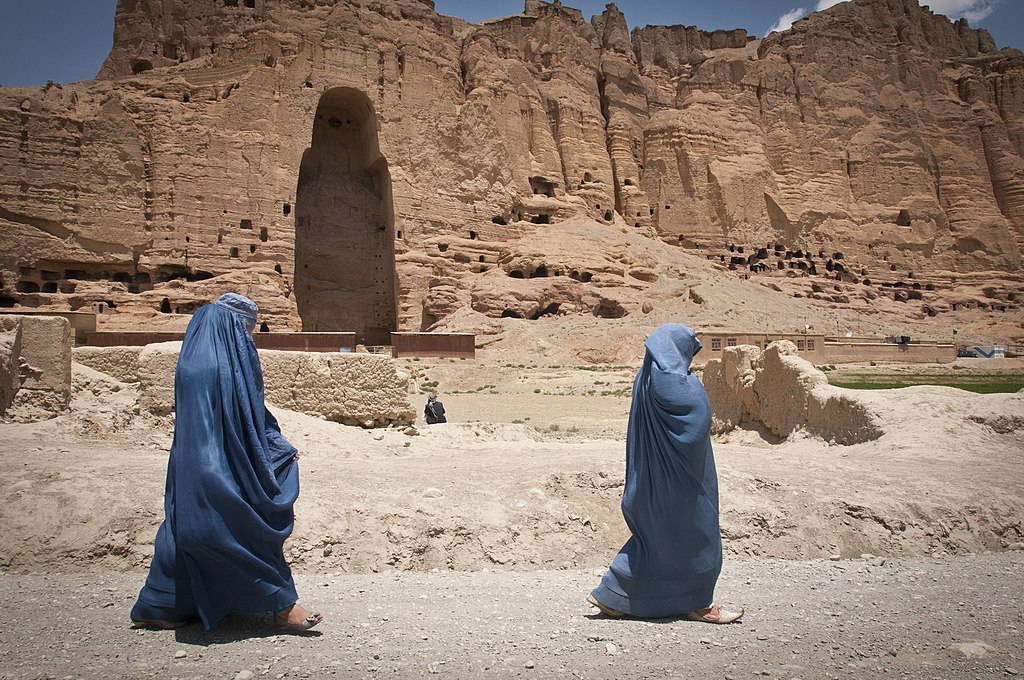
Local Peace Agreements as a Means to Dissolving Armed Conflict
Armed conflict and peacemaking are best understood not in terms of a hierarchical relationship between local and national levels but instead as a “mesh” of different “conflictscapes.”
Building Peace through Sport in Northern Ireland and Korea
In this essay, the authors are interested in how sport can be harnessed as a tool of peacebuilding, with a specific focus on Northern Ireland and Korea.

A Feminist Critique of Military Heritage
Gender and sexuality norms are employed at military heritage sites to reinforce traditional national security thinking on the necessity of protecting territory through military force.

Time and Counterinsurgency’s Failures
Using the lens of time to analyze counterinsurgency (COIN) reveals its colonial heritage but also makes evident paradoxes and tensions within COIN doctrine that clarify why it repeatedly fails to serve U.S. interests.

Shiny Feminism
In this essay, Margherita Sofia Zambelli calls out “shiny feminism” and offers a set of questions, as tools, to analyze whether feminist foreign policies contribute to transformative change.

How to Better Define a Feminist Foreign Policy
In this essay, Padmini Das offers three strategies for how to better define and implement a feminist foreign policy.

The Silencing of Afghan Women in the Peace and Reintegration Process
Despite international calls for women’s inclusion, Afghan women have played a very limited role in the peace process—highlighting the lack of importance assigned to women’s experiences by both Afghan society and the international community.

From the Cuban Missile Crisis to Russia’s War in Ukraine: Strategic Empathy as Feminist Foreign Policy
In this essay, Samara Shaz outlines how a feminist foreign policy should replace brinkmanship with strategic empathy in order to end wars and prevent further loss of human life.

Bottom-Up Conflict Narratives and Identity Construction in Syria
Individuals’ interpretations of the Syrian armed conflict correlated with their way of thinking about the “in-group” to which they envision belonging in the future—namely, whether that “in-group” is broadly inclusive and pluralistic or narrowly defined in terms of ethnic or sectarian identity.

Right to Choice and the Hijab: Call for International Legal Reform
In this essay, Raghavi Purimetla and Amukta Sistla envision how a feminist foreign policy can integrate with international legal frameworks to protect women’s rights around the world.

“From Victims to Leaders”: Let the Silenced Speak – Climate Change through the Lens of Feminist Foreign Policy
In this essay, Shrinwanti Mistri argues for climate justice as a core feature of feminist foreign policy, and for centering those most impacted and marginalized by the global climate crisis in decision-making processes about how to address it.
